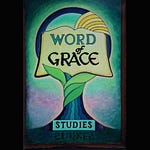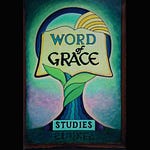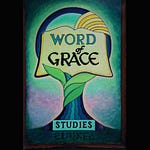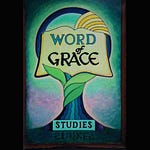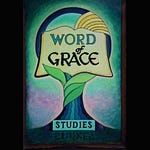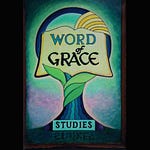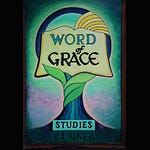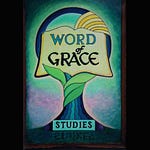Body, Soul, and Spirit
Scripture distinguishes the material part (the body) from the immaterial parts (soul and spirit). The trichotomy question asks whether soul and spirit are distinct; today we focus on the material part.
Key terms:
Hebrew: basar (often “flesh,” sometimes used of “body” depending on context).
Greek: sōma (“body”) and sarx (“flesh”). These are not identical: sōma refers to the whole body with its members; sarx refers to the flesh as substance, distinct from bone or blood (see 1 Corinthians 12 for “body” language; “flesh” in places like Romans uses sarx).
Context determines meaning, and “body” can also be used metaphorically (e.g., the body of Christ = the assembly of believers).
The Body’s Origin (Genesis)
Genesis 2:7 — “The LORD God formed man of the dust of the ground and breathed into his nostrils the breath of lives; and man became a living soul (or living creature).” The body is formed from dust; life begins when God breathes into what He has formed.
Genesis 3:19 — After the fall: “For dust you are, and to dust you shall return.” The body’s material comes from the ground and returns to it.
How the Body Affects Us
The body’s condition can influence our earthly experience (e.g., Job’s bodily affliction produced intense suffering and discouragement). Bodily states like hunger or pain provide “input” that interacts with our inner life. Importantly, the brain is a body part; it can affect thinking capacity, but it is not the same as the soul or spirit. We’ll define soul and spirit in coming sessions.
Physical Death Defined
James 2:26 — “The body without the spirit is dead.” Physical death is the separation of spirit (and soul) from the body.
Believers are spiritually alive, not spiritually dead. Spiritual death is separation from God; salvation ends that condition.
Our Present Body Is Mortal, but a New One Is Promised
2 Corinthians 5:1–10 — Our present body is a tent—temporary, groaning, and burdened. We look forward not to being “unclothed,” but to being clothed with a heavenly dwelling. We are confident: to be absent from the body is to be present with the Lord, and we will appear before Christ’s Bema.
Romans 8:10–11, 22–23 — Though the body is subject to death because of sin, the Spirit who raised Jesus will make alive our mortal bodies. We await the redemption of our body—this is certain, guaranteed by the Spirit.
Resurrection: What Changes? (1 Corinthians 15)
Some in Corinth questioned resurrection. Paul answers:
1 Corinthians 15:35–44 — The resurrection body is not the exact same thing that is sown. What is sown perishable, dishonorable, weak, and “soulish” is raised imperishable, glorious, powerful, and “spiritual.”
1 Corinthians 15:50–53 — “Flesh and blood cannot inherit the kingdom of God.” At the rapture, “we shall all be changed… the dead will be raised incorruptible,” and the mortal will put on immortality.
What Will Our Resurrection Body Be Like?
1 John 3:2 — “When He appears, we shall be like Him, for we shall see Him as He is.”
Philippians 3:20–21 — Christ will transform our body of humiliation to be conformed to His glorious body.
Luke 24:36–43 — Post-resurrection, Jesus stood among the disciples; He invited them to touch Him: “A spirit does not have flesh and bones as you see I have.” He even ate in their presence. Note the expression “flesh and bones” (not “flesh and blood”), which harmonizes with 1 Corinthians 15:50 (“flesh and blood cannot inherit…”). The resurrection body is physical and recognizable, yet gloriously transformed.
The Intermediate State
Believers who die before the rapture are with the Lord—not disembodied wanderers, not in a vague limbo. Paul’s experience of being “caught up to paradise” (see 2 Corinthians 12) underscores that the conscious state with the Lord is real and blessed, even if we cannot describe every detail.
Looking Ahead (Soul and Spirit)
In coming sessions we’ll define soul and spirit and show how they relate to the body. The soul interprets emotions and can be influenced by bodily experiences, while the spirit pertains to our new life and capacity toward God. Learning to distinguish them is beneficial for many areas of doctrine and Christian living.
Conclusion
The body is the most obvious part of our human makeup, formed from dust and presently mortal. Yet Scripture promises the certain redemption of the body: at the rapture we will be changed—incorruptible and immortal—and conformed to Christ’s glorious body. Until then, we walk by faith, confident that to be absent from the body is to be present with the Lord.



